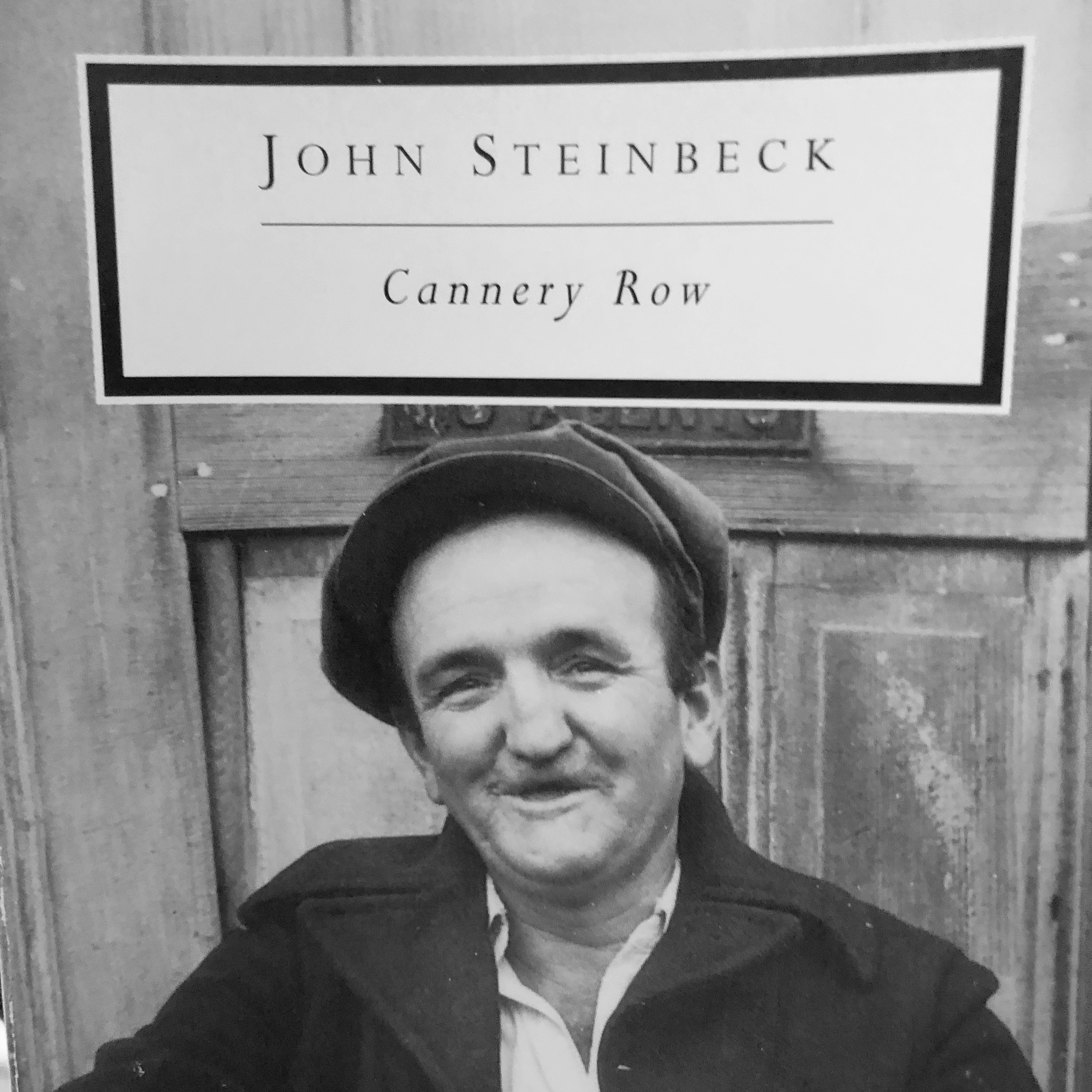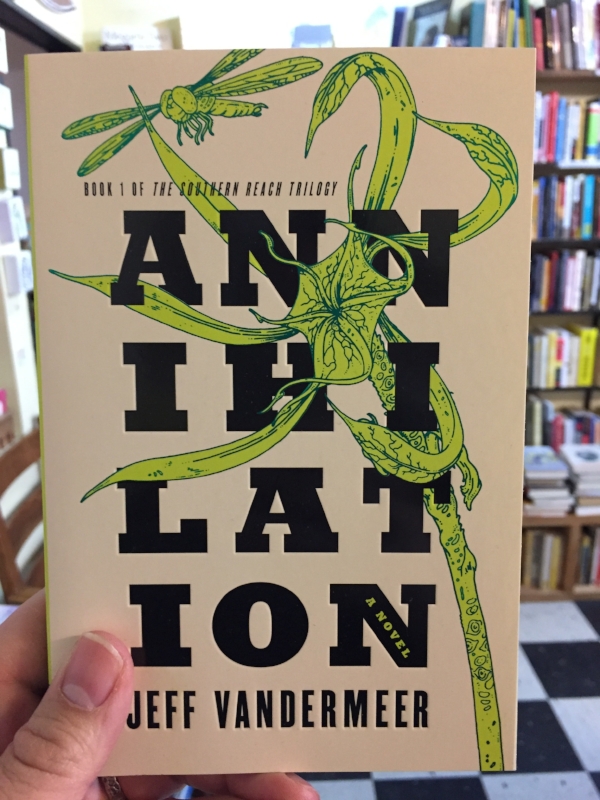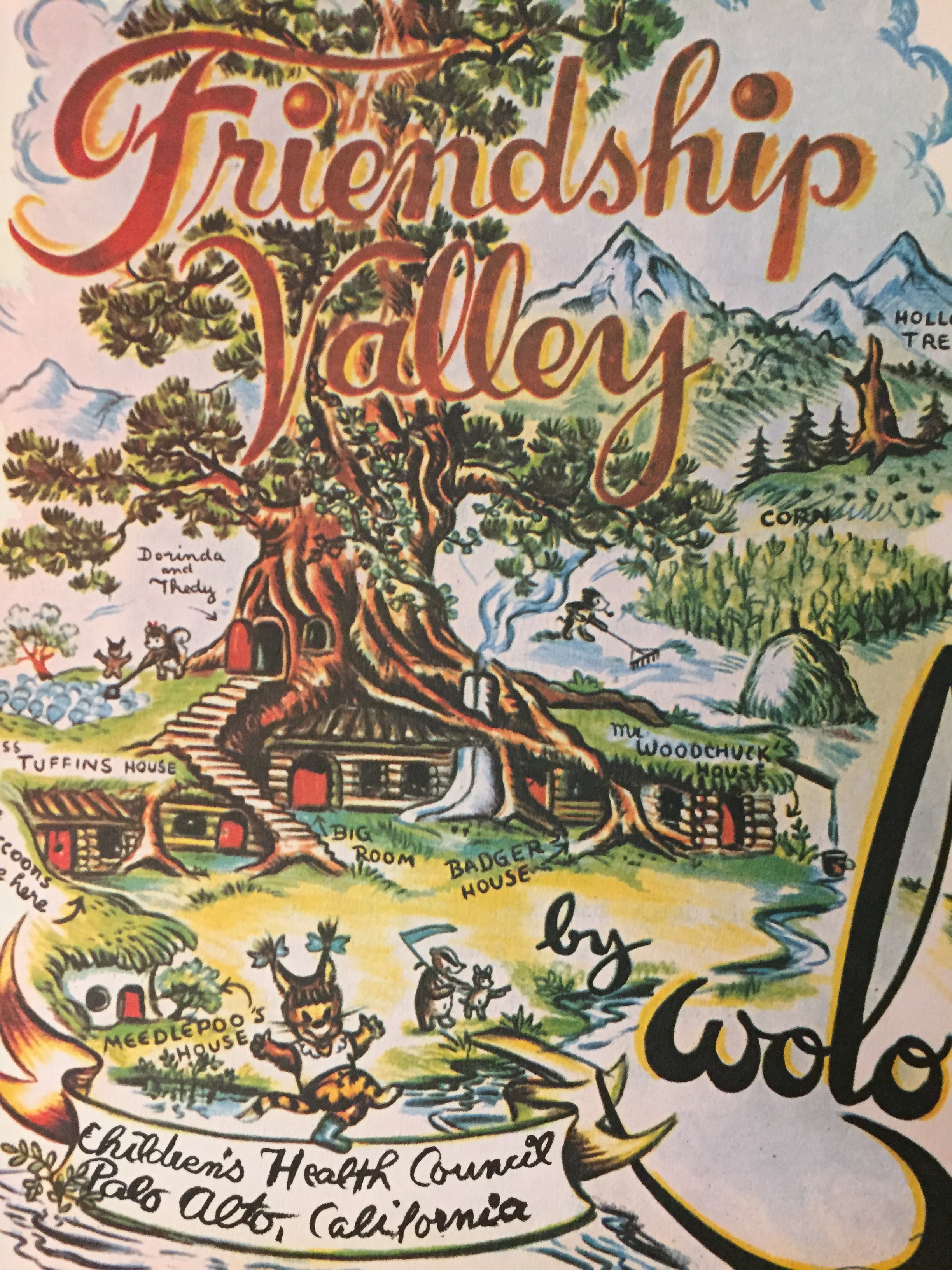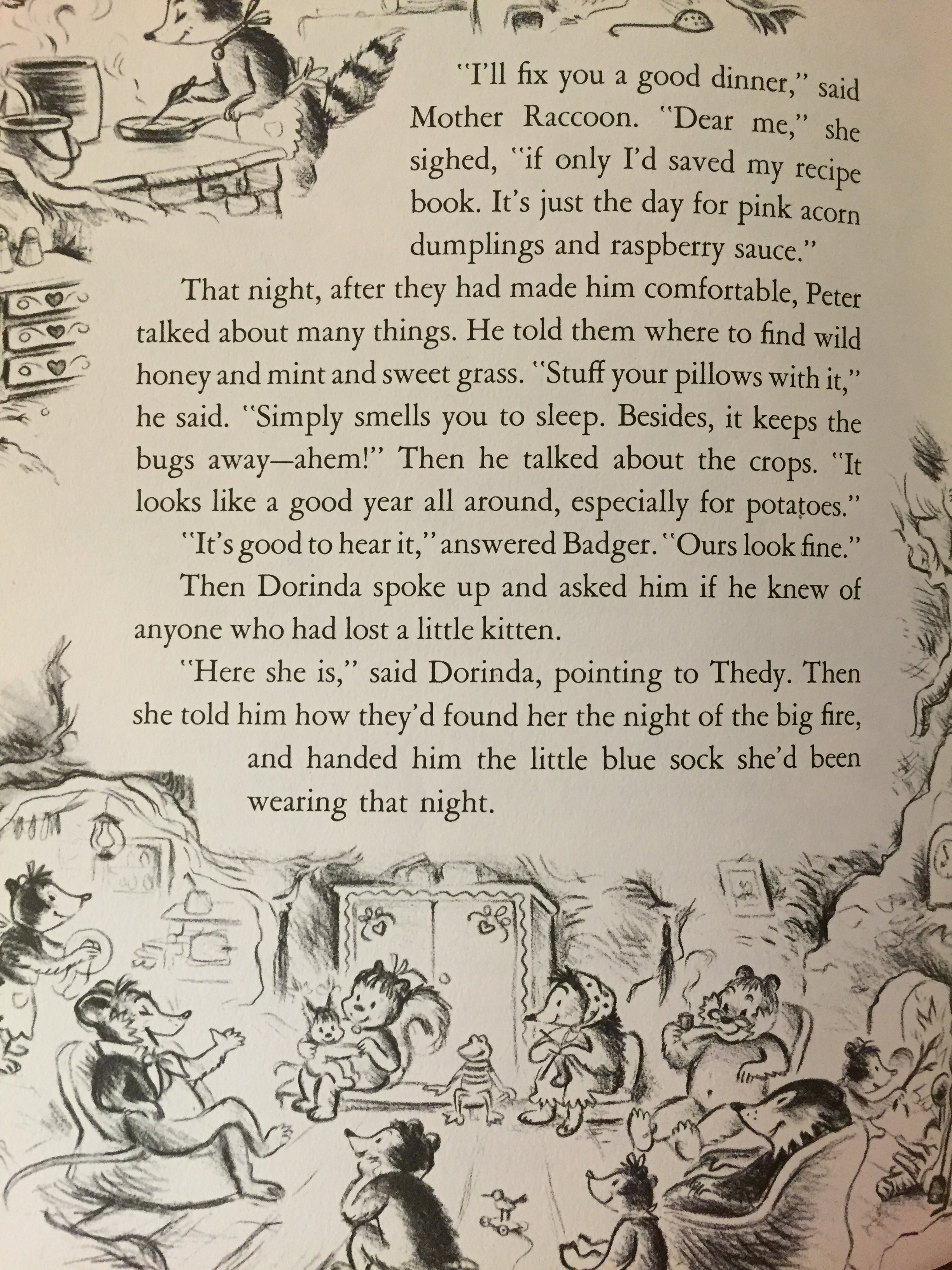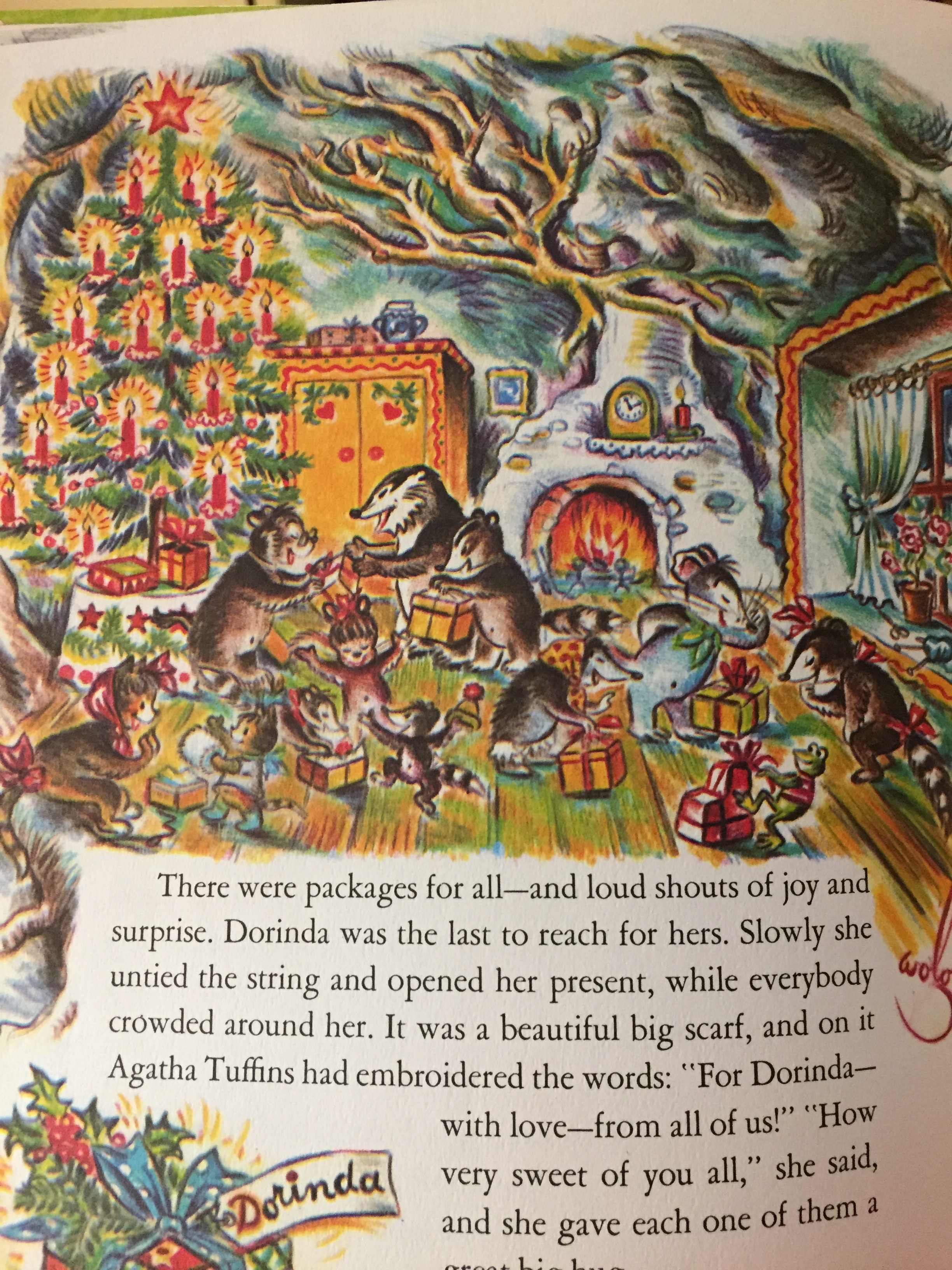I recently picked up John Steinbeck's classic Cannery Row and was pleasantly surprised by how fresh and finely wrought it is. This book is a gem, examining the lives of the downtrodden people living on Cannery Row in Monterey, California in the 1930s. Steinbeck paints his characters with humor and love, not sparing the bleakness of their lives yet including the small moments of beauty and joy that keep them going. Cannery Row is lighter than The Grapes of Wrath but also more precise, despite the apparently loose structure; while it's easy to get lost in the book, you can also put it down for a day or two in between chapters and come back to without losing a step. - Joe, owner and Cannery Row visitor
Best of the Backlist Book Review: Annihilation
Annihilation, by Jeff Vandermeer
Annihilation is an unusual science fiction novel, and it immediately seized my attention. I knew only a little about the story going in - somewhere along the southeast coast of the United States, a team of scientists enters the otherworldly Area X, seeking to understand what it is and how and why it has come to be. Strange events begin almost immediately, as the scientists wonder what is out there and how much the shadowy government agency that sent them already knows about it.
The story, simple in some ways and startlingly original in others, blends elements of weird fiction and psychological thriller, with amazing results. Our narrator, a biological researcher who focuses intensely on the object of her study, is not the warmest character, but I quickly and easily fell into her way of thinking. As the scientists unravel the secrets of Area X - and the biologist reveals her own secrets to the reader - they wonder to what extent they observe, or are the subject of observation.
Annihilation is the first in a series of three books: it works as its own story, but leaves plenty of loose ends, and I ordered the next two titles as soon as I was finished.
-Joe, bookshop & beard owner
Best of the Backlist Book Review: Three Dark Crowns
Three Dark Crowns by Kendare Blake
“Three dark queens
are born in a glen,
sweet little triplets
will never be friends.
---
Three dark sisters
all fair to be seen,
two to devour
and one to be Queen.”
Three Dark Crowns by Kendare Blake is one of those books that slowly burns its way through you. I’ve read some negative comments regarding the romance plot lines (let’s be serious, it’s a YA novel so there’s bound to be at least one) and how “slow” this book moves while containing two dimensional main characters. I, however, disagree with these naysayers (maybe not so much about the romance) because this book is the perfect setup for a dark series. I felt many people were only disappointed by the reality of the book due to their expectations about what they thought the book should be. That doesn’t make a book bad though!
*shrug*
Three Dark Crowns fits the typical fantasy novel scheme of frontloading - this is where most people will become frustrated. If you want action and only action from the get go, then this book won’t be for you. We follow three sisters, the Queens, as they reach their sixteenth year. The three will battle until only one lives, becoming the next true Queen and restarting the cycle (she will have triplets, they will grow up and fight, one becomes Queen, repeat). To aid in these battles, each Queen has her own powers: one is a naturalist (controls plants and animals), one an elemental (controls earth, fire, water, and air), and one a poisoner (immune to poison, trained in poisons). The first part of the book sets up the whole process of each Queen as she mentally prepares to begin a year of battle and survival, which explains the slow start - it’s necessary to set up the Blake’s world.
More intriguing to me, though, is that the book isn’t only about the Queens in the long run; they are just figureheads for powerful families. While we mostly see the perspective of the Queens, the true story takes place with the families surrounding them. How have those families influenced each Queen’s upbringing? Why is Katharine so timid, Mirabella so angry, and Arsinoe so lacking in confidence? Like I said, this is a slow burning book, so we see the Queens slowly grow to realize their roles on the island and their manipulation by their “loving” families. Is their fate truly to kill one another?
Overall, I’d give this 5 out of 5 Awesome Austin Points and highly suggest reading the next book in the series (the third book was recently published on September 4, 2018 and a fourth slated for 2019 publication). If you like dark fantasy, political wars, and some unexpected twists and turns, then this is definitely the book for you! - Austin (Resident YA Expert)
[In case you missed my last reviews on Scythe by Neal Shusterman and The Serpent King by Jeff Zentner, this is Review #3 of my Top Five picks (in no particular order) from the 2018-2019 Gateway Readers Award Nominees. There’s information on the award here and the Top 15 books here. The committee always welcomes volunteer readers!]
Best of the Backlist Book Review: The Serpent King
I used to pride myself on not crying during emotional scenes in books, though as I’ve grown older and gained more world experience, I find myself moved to tears by books more often. Sometimes you can see me crying in the front window of my favorite coffee shop. The Serpent King by Jeff Zentner is one such book that has reached down into my soul and tugged at each miniscule heartstring (perhaps I’ll write a future post entitled “Austin’s Top 5 YA Novels for Clearing Out Your Tear Ducts”), possibly ripping a few out before fitting them all back together.
Zentner takes us to rural Tennessee as we follow our protagonist, Dill, and his two best friends, Lydia and Travis, through their final year of high school. Dill struggles in poverty; with his father (a snake handling minister) in prison, Dill’s own unclear future seems grim. Lydia, using her fashion blog as a platform, struggles with busting out of the rural scene in a community where she feels boxed in and stifled. Travis, on the other hand, deals with his “social outcast” label - at home and at school - by escaping into fantasy novels and games (he even has a cool wizard staff). The three, however, have an incredibly deep bond that allows them to see each other’s flaws while still being supportive through their difficult times. At its heart, The Serpent King is tale of friendship, doubt, depression, and coming to terms with reality.
I feel like Jeff Zentner was channeling my inner spirit into three completely different characters. Dill’s struggle with religion, Lydia’s desire to leave her rural town, and Travis’ escapism through fiction are issues that I have dealt with in my past (and possibly still struggle with on occasion). With that knowledge, it’s quite possible (probability states 100% likely) that I’m giving this rating and review out of pure emotional connection. Someone else may read the book and find flaws that I never perceived, yet I think that is the power of this book: I was so emotionally invested in the characters (if less so with Lydia than Dill and Travis) that I didn’t notice potential flaws. I can’t even name any at this point because I just remember hoping my new “friends” would be ok!
I would definitely suggest this book to anyone who enjoys more contemporary, realistic worlds that focus on building relationships. Considering this book made me cry AND it was a debut novel for Jeff Zentner, I’d give this book 5 out of 5 Awesome Austin Points. As far as debut novels go, Zentner outdid himself with characterization while exploring religion and growing up in rural America in the present age. Get out there and read it! - Austin Miller (resident YA expert)
[Hey everyone! In case you missed my last review on Scythe by Neal Shusterman, this is Review #2 of my Top Five picks (in no particular order) from the 2018-2019 Gateway Readers Award Nominees. There’s information on the award here and the Top 15 books here. The committee always welcomes volunteer readers!]
Best of the Backlist Book Review: Scythe
Hey everyone, Austin here! Have you heard of the Gateway Award? If not, you should check it out. I have had the pleasure of volunteering as a Reader Selector for the award over the past few years in an attempt to expand my own reading tastes in the Young Adult reading world and, in the process, have encountered some truly amazing novels. My next reviews will be centered around my Top 5 favorites among the 2018-19 Gateway Award Nominees (they’re all pretty great though).Here’s the full list of 2018-19 Nominees if you’d like to explore them yourself!
Scythe is one of those books that, on the surface, seems incredibly dark and disturbing, yet throws you into a world of intrigue and moral dilemma - a future United States where disease and death have been eliminated due to advances in technology, and decisions for the entire world are made by an overarching technology called “The Thunderhead”. Readers follow Citra and Rowan as they are apprenticed to a group of people known as Scythes, trained in the art of killing and the history, value, and purpose of death. Scythes were created, outside of the Thunderhead, to “glean” individuals to prevent overpopulation, which causes them to be feared as well as revered as celebrities.
I do not want to explain too much of the plot, as I think it would be more fun to allow the chaos, beauty, and mystery of this book to unfold as you read. However, I want to expand upon my surprise at the depth this book created within my own psyche. I, honestly, read this book a year ago, but I still find myself thinking about two concepts Shusterman layered on top of each other as a foundation for his world - technology and death.
Shusterman created a world in which the Thunderhead is always watching, always computing, and always making the best choices for the entire world. Through this end, the world population has become accustomed to technology being a pervasive part of life. Need food? Ask the Thunderhead (it will give you food). Need a new friend? Ask the Thunderhead (it will pair you with someone analytically matched to meet your current needs). Need to be healed? Just change the frequencies of the nanobots living inside you and the Thunderhead will take care of the rest. The whole concept is incredibly “Big Brother”-ish yet the world agrees to, and seems unaffected by, complete control of the Thunderhead.
However, the concept of the Thunderhead leaves me with more questions than answers as I ponder the rise in our current technologies. Our iPhones and other devices are constantly tracking and gathering data on us to provide optimal user experiences. What happens if we give over complete control so the devices are always making our decisions for us? What would that world look like? Would it actually lead to a utopia or would the world be led into chaos? Shusterman weaves his conjectures through Scythe in an impressive feat of world building and has left me pondering the role of technology in our current existence.
Using the Thunderhead as a base, Shusterman expands his narrative around death, but I would argue that he’s actually writing about life. The Scythes are trained to kill (excuse me, glean) but the more important conversations arise when talking about how people choose to live within this world of immortality. Citra and Rowan struggle with this in very different ways, yet they both have to reach their own conclusions regarding how they choose who to glean from the world. Should they glean the oldest? Should they glean the least “successful” individuals, or should they only glean the willing? These conversations might seem disturbing, yet Shusterman builds his world so they come naturally and without shying away from the dissonance they create within his characters.
I truly loved this book (5 out of 5 Awesome Austin Points) - Shusterman’s world building and character development are phenomenal and I found myself disappointed knowing the series wasn’t yet finished and I had to wait. Ugh. However, since last year, I have read the second book in the series, The Thunderhead (January 2018). And, though such a thing is rare, I would argue it is a sequel that outshone its predecessor. I am looking forward to the third (and hopefully final) book, entitled The Toll. It is slated for publication in 2019.
- The Bookish Austin
Best of the Backlist Book Review: The Strange and Beautiful Sorrows of Ava Lavender
The Strange and Beautiful Sorrows of Ava Lavender
by Leslye Walton
This. Book. Ya’ll. As the title suggests, Ava Lavender’s story is not the happiest of reads in the world and is, indeed, incredibly strange but I thoroughly enjoyed it (I read it in one day). Walton weaves magical realism, love, heartbreak, and the strength of family into a story that explores the descendents of a French-immigrant family down to their great-granddaughter, Ava, born swaddled in her very own wings. As Ava is discovering her own path in the world the reader navigates the lives of her mother, grandmother, and brother as their narratives collide in unexpected ways. I would suggest this for anyone who enjoys a read exploring familial ties and discovering one’s inner strength in a world that hates, loves, fears, and worships you.
- Austin, bookseller + resident YA expert
Best of the Backlist Book Review: Winter's Bone
There are some books that get a lot of hype, and I put off reading them. The Kite Runner was one of those – and when I finally picked it up, it took all of one paragraph for me to decide it was worth all the hype. Winter’s Bone, by Daniel Woodrell, is another such book. I was hooked immediately, not just by the unique narrative voice in which Woodrell writes, but also the vividness with which he brings to life a dark, dirty winter in the Ozarks.
This is a book that says no more than it must – but paints its scenes with amazing clarity. It is a book of subtlety and silences, of knowing what cannot be told and telling without speaking; a book of steely women and violent men. Our protagonist, Ree Dolly, must find her father, a crank cook who will forfeit his house and land if he misses his court date. Frustrated by the poverty which has stunted her life and threatens to ruin her younger brothers’ future, she refuses to back down to anyone as she navigates the clan’s Ozark omertà for any hint that will prevent her own family’s ruin. It is a brutal and beautiful story that will linger in your mind long after you finish.
- Joe, Owner & Inventory Manager
Favorite Reads 2017
Favorite Reads
2017
Our Favorite Reads of 2017!
Kelsey:
Last year I read a ton of books… this year, not so much. I started a lot of books but I wasn’t able to finish all of them. Maybe it was the general malaise I felt / feel about what is happening in our country or maybe my obsession with true crime podcasts filled my drive time / audio-book time.
Of the books I did manage to read all the way to the end, these were my three favorites:
1. The Hate U Give by Angie Thomas
Sixteen-year-old Starr Carter navigates the duality of her world, between her working class family life in a poverty-stricken neighborhood and her experiences with her wealthy private school friends. When one of her best friends from the neighborhood is killed, Starr’s life is turned upside down and she must reconcile the two spheres she’s been living in. I got to walk around in Starr’s world during one of the hardest times of her life and I feel lucky to have spent time with a smart, funny, loving character who chooses to speak up for the injustice she witnesses.
2. Shrill: Notes from a Loud Woman by Lindy West
You may have heard of Lindy West from the episode of This American Life: Tell Me I’m Fat where she talks about being trolled on the internet about her weight and how she chose to fight back. Shrill is a memoir about misogyny, fat shaming, falling in love, being a writer, and much more. West’s voice is powerful and cuts through the bullshit about what’s “appropriate” to talk about.
3. The Widow’s House by Carol Goodman
Goodman once again sets her suspenseful story in the Hudson River Valley, this time focusing on two married writers who move back to their college town and into the historic, unnerving house of their former professor. As always, the writing is clear and crisp with a bit of supernatural mystery thrown in to make this an easy and fun read.
I set out to read over 30 books in 2017 and only finished 10. My goal for 2018 is to finish 25 books, which feels very ambitious after having just typed the previous sentence...
Joe:
Finding time to read has been a struggle ever since we opened the shop - but I still read whenever I can! Here are my favorites from the past year:
1. Who Fears Death by Nnedi Okorafor (2010)
I cannot believe it took me seven years to get around to reading this book - and now I recommend it to everyone I can. Set in a future Africa, this novel turns the conventional fantasy narrative on its head. Onyesonwu is a would-be sorceress in search of a teacher, but as an outcast child of rape it is difficult for her even to find a friend. When she comes into her power, she sets out on a quest to find and destroy her father, and the consequences of her journey go beyond anything she envisioned. Mixing the biting humor of Onyesonwu’s narration with stark commentary on the brutality of ethnic violence and weaponized rape, Okorafor transports us and transforms us.
2. China Mountain Zhang by Maureen McHugh (1992)
This multilayered sci-fi novel follows “Rafael” Zhang, an engineer in New York, in a future America dominated by China. The story is mostly from Zhang’s perspective, but also from those whose lives he connects to around the world. Zhang and his friends negotiate the tensions between individual expression and the good of the community, the difficulty of living in an inherently unfair world, and the importance of finding and spreading peace. Ahead of its time both for featuring a gay protagonist and for its uncanny (and unnerving) predictions of our future, this book will remain with you long after you finish it.
3. On Tyranny by Timothy Snyder/How to Fight by Thich Nhat Hanh (both 2017)
These two slim volumes provide outsized advice on how to live and function in present-day America. In the first, Timothy Snyder provides twenty actions for resisting the advance of tyranny, and the necessary historical context from the past century to understand how tyrannical governments have taken power and held it. The second, by Zen Buddhist and spiritual writer Thich Nhat Hanh, teaches us how to maintain our peace in the face of suffering, struggle, and real anger at injustice, and how to channel negative emotion in a positive way. Neither of these books offers easy solutions, but both offer us a path to work toward a better world, from the personal to the local to the global level.
I’m looking forward to reading more this next year - right now I’m in the middle of Pale Fire by Nabokov, just starting Philip Pullman’s The Book of Dust: La Belle Sauvage (beginning a new series in the world of His Dark Materials), and about to begin A Short History of Reconstruction, by Eric Foner - and beyond that in my stack are Chimimanda Adichie, Ursula K. LeGuin, and more Okorafor. Hope you join us in making 2018 a year of reading!
What book are you most looking forward to reading in 2018?
The Synthesis of Story & Illustration
“Picture books are meant to be read aloud, with young eyes held captive by illustrations that will maintain a hold in their minds forever, linked to the best parts of childhood.”
When I was little my favorite picture books were the ones where I could get lost in the words and the pictures. Something magical would happen as I heard the words read aloud to me and I stared at the illustrations trying to figure out a way to live inside them.
Friendship Valley by Wolo was the book my mom read to me even though, as a busy single parent, it was a little too long for her to read every night. But what I really wanted to was to stare at the page that showed the huge tree with the extensive root system that doubled as the characters’ homes. I wanted to see inside each of the animal’s spaces- how they decorated, where they ate their food, who slept in what spot.
Picture books are meant to be read aloud, with young eyes held captive by illustrations that will maintain a hold in their minds forever, linked to the best parts of childhood. As we get older some of the titles and authors fade from memory, but our favorite images last forever. The synthesis of the story with the illustration is what makes a children’s picture book great.
Here are some more of my favorite children’s illustrators:
Gyo Fujikawa
Favorite books: Night Before Christmas, Oh, What a Busy Day!, and Can You Count?
Robert McCloskey
Favorite books: Blueberries for Sal, Make Way for Ducklings
Maurice Sendak
Favorite books: Where the Wild Things Are, The Night Kitchen, Little Bear
Barbara Cooney
Favorite books: Miss Rumphius, Hattie and the Waves, Island Boy
Hilary Knight
Favorite books: Eloise, Mrs.Piggle-Wiggle, Cinderella
Ezra Jack Keats
Favorite books: The Snowy Day, Whistle for Willie, Over in the Meadow
Jan Brett
Favorite books: The Mitten, The Hat, Goldilocks and the Three Bears
Christian Robinson
Favorite books: Gaston, Last Stop on Market Street, The Smallest Girl in the Smallest Grade
Renata Liwska
Favorite books: Red Wagon, The Quiet Book, The Loud Book
Jon Klassen
Favorite books: I Want My Hat Back, Extra Yarn, Pax
So whether you’re stocking up for your own kiddo's collection or starting someone else’s child off in the right direction, consider some of these titles. Feel free to share some of your favorites with us in the comments, we’d love to know what stories made a big impression on you!
The Boxcar Children
The Boxcar Children celebrates 75 years.
Read more
